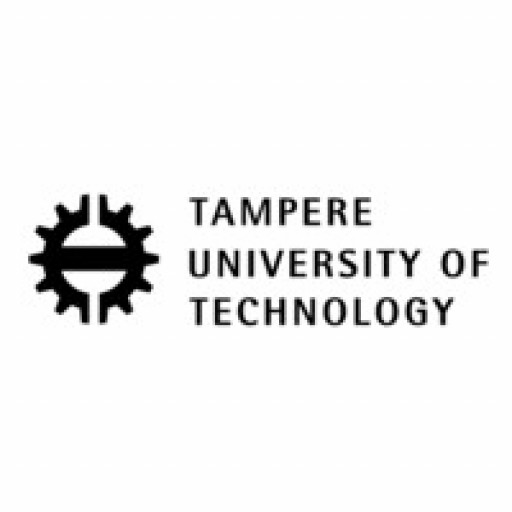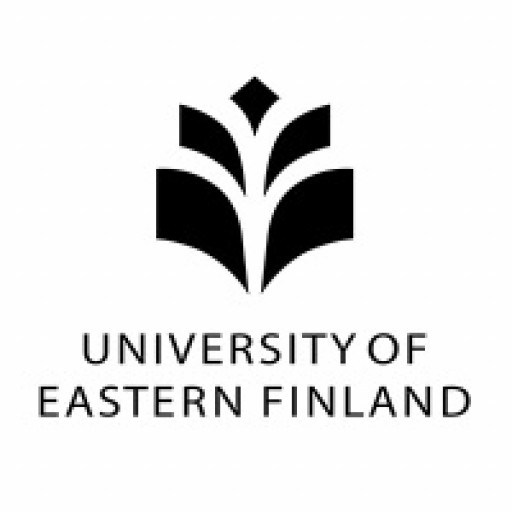Photos of university / #officialuom
The MSc in Cancer Research and Molecular Biomedicine at The University of Manchester offers a comprehensive, cutting-edge education designed to prepare students for a career in cancer research, molecular biology, and biomedical sciences. This programme provides an in-depth understanding of the molecular mechanisms underlying cancer development, progression, and treatment, combining theoretical knowledge with practical laboratory skills. Students will explore topics such as cell signalling pathways, genetics, epigenetics, tumour microenvironment, and targeted therapies, equipping them with the latest scientific insights and techniques. The course includes lectures, seminars, and laboratory sessions led by leading experts in the field, fostering a collaborative learning environment. Emphasis is placed on developing critical thinking, problem-solving abilities, and the ability to interpret complex biological data, which are essential skills for roles in academia, industry, and healthcare. Additionally, students undertake a substantial research project, allowing them to apply their knowledge to real-world problems, often collaborating with active research groups and institutes within the university. The programme benefits from state-of-the-art facilities, including advanced laboratories and imaging technologies, providing students with valuable hands-on experience. Graduates of this MSc programme will be well-equipped to pursue PhD studies or enter the biomedical and pharmaceutical industries, contributing to advancements in cancer diagnosis, treatment, and prevention. With a strong emphasis on translational research, the programme aims to bridge the gap between laboratory discoveries and clinical applications, ultimately aiming to improve patient outcomes and contribute to global health initiatives.
The MSc in Cancer Research and Molecular Biomedicine at The University of Manchester is a comprehensive program designed to equip students with a deep understanding of the molecular mechanisms underlying cancer and other diseases, as well as the latest research techniques used in the field. This program provides a blend of theoretical knowledge and practical skills, ensuring graduates are well-prepared for careers in biomedical research, healthcare, or further academic study.
Throughout the course, students explore a wide range of topics including cellular and molecular biology, genetics, cancer biology, immunology, and innovative diagnostic and therapeutic strategies. The program emphasizes critical thinking and problem-solving skills, encouraging students to engage with cutting-edge research and develop their own scientific inquiries. Students benefit from state-of-the-art laboratories and facilities, gaining hands-on experience in techniques such as molecular cloning, cell culture, flow cytometry, and bioinformatics.
The curriculum is delivered through a combination of lectures, seminars, and practical laboratory sessions, supplemented by guest lectures from leading experts in the field. This structure allows students to stay updated with the latest advances in cancer research and molecular biomedicine. Additionally, students undertake a research project in the final phase of the program, working closely with academic staff or industry partners to contribute to ongoing research efforts.
The program also prepares students for a variety of career paths, including research positions in academia or industry, roles in biotechnology or pharmaceutical companies, or further study at the doctoral level. Graduates leave with a solid foundation in the scientific, technical, and ethical aspects of biomedical research, as well as strong analytical and communication skills.
Overall, the MSc in Cancer Research and Molecular Biomedicine at The University of Manchester offers an exceptional learning environment for aspiring scientists passionate about understanding and combating disease at the molecular level. Students develop not only their knowledge and technical expertise but also their ability to think critically, solve complex problems, and communicate scientific ideas effectively, making them highly competitive in the evolving landscape of biomedical sciences.
A minimum of A-levels at grade BBB or equivalent, including Chemistry and Biology or a related science subject. Relevant work experience or prior knowledge in biomedical sciences may strengthen application, but is not mandatory. Applicants are expected to demonstrate a strong interest in cancer research and molecular biomedicine through their personal statement and supporting references. For international students, UK Visas and Immigration (UKVI) requirements must be met, including an English language proficiency test such as IELTS with an overall score of at least 6.5, with no individual component below 6.0. Candidates with a degree in a related science subject, such as Medicine, Biomedical Sciences, or Biochemistry, are considered favorably. Prior laboratory experience and research exposure can enhance application while not being obligatory. The selection process involves an assessment of academic credentials, personal statement, references, and, where applicable, an interview. Applicants with relevant professional experience in cancer research or molecular medicine may have their qualifications assessed on an individual basis to determine eligibility. The university values diversity and encourages applicants from all backgrounds to apply. Applicants are advised to submit their application with a detailed personal statement outlining their interest in the field, relevant skills, and career aspirations. All candidates are advised to review specific course prerequisites and guidance on the university website before submitting their application. Meeting the minimum entry requirements does not guarantee admission, as the programme is highly competitive, and selected students will be chosen based on overall suitability and potential contribution to the academic community.
The University of Manchester offers a range of financing options to support students enrolled in the Cancer Research and Molecular Biomedicine program. Tuition fees for UK, EU, and international students vary and are subject to annual updates; prospective students are advised to consult the official university website for the most current figures. To aid affordability, the university provides a variety of scholarships and bursaries specifically aimed at students pursuing biomedical sciences, including those specializing in cancer research. These financial awards are often merit-based, need-based, or targeted toward students from underrepresented backgrounds. Additionally, students may be eligible for government-funded loans and grants, such as the Student Loans Company (SLC) schemes for UK residents, which cover tuition fees and provide maintenance support for living expenses. The university also participates in the Research England funding programs for postgraduate research students, which can cover tuition fees and provide stipends. International students are encouraged to explore external funding opportunities, including grants provided by research councils, foundations, and charities dedicated to cancer research and biomedical sciences. The university’s financial services department offers dedicated support to help students navigate the application process for financial aid, plan their budgets, and access loan programs. Payment plans are often available to facilitate tuition fee management over the course of the program. For students involved in research or placements, additional funding may be accessible through research grants, employer sponsorships, or industry partnerships. The university also promotes alumni and employer-sponsored bursary programs, which can significantly reduce financial burdens. Overall, students are encouraged to explore all available options early in their application process to ensure comprehensive financial planning for their studies in Cancer Research and Molecular Biomedicine.
The Master of Science in Cancer Research and Molecular Biomedicine at The University of Manchester offers an in-depth exploration of the molecular and cellular mechanisms underlying cancer development, progression, and treatment. This program is designed to provide students with a comprehensive understanding of the biological basis of cancer, including genetics, cell biology, immunology, and molecular medicine. Through a combination of theoretical coursework, practical laboratory sessions, and research projects, students gain essential skills in experimental design, data analysis, and scientific communication.
The curriculum covers key topics such as tumor biology, cancer genetics, targeted therapies, immunotherapy, and innovative diagnostic techniques. Emphasis is placed on translational research, aiming to bridge laboratory discoveries with clinical applications. Students are encouraged to develop critical thinking skills and stay updated with the latest advancements in cancer research. The program also provides opportunities for students to engage in cutting-edge research within world-renowned laboratories, working alongside leading experts in the field.
Graduates of this program are well-equipped for careers in biomedical research, clinical research, pharmaceuticals, and related healthcare sectors. They also possess a strong foundation for further academic study, including PhD research. The University of Manchester's state-of-the-art facilities, network of academic and industry partnerships, and its vibrant multidisciplinary research environment create an ideal setting for students to develop their knowledge and skills in cancer biology and molecular biomedicine. The program's flexible structure allows students to tailor their learning experience to their specific interests, making it suitable for both recent graduates and professionals seeking to enhance their expertise in this rapidly evolving field.








